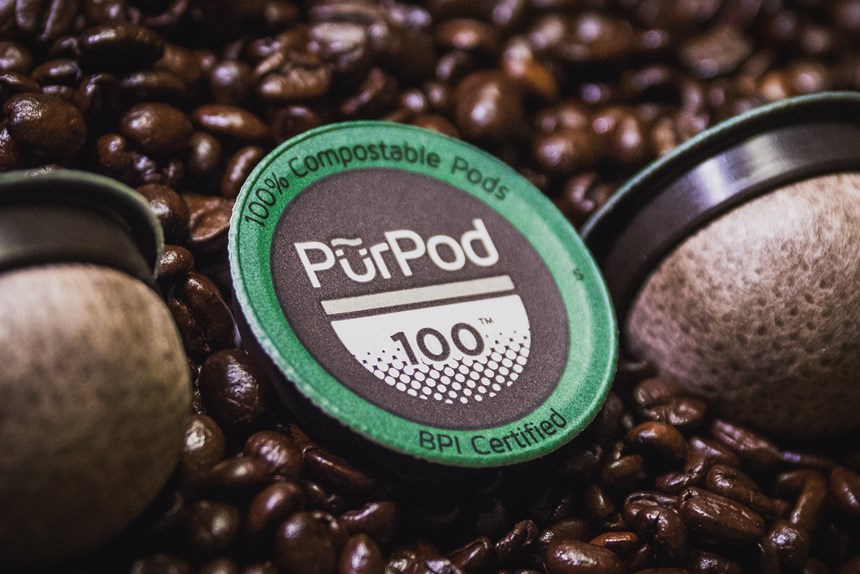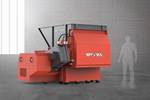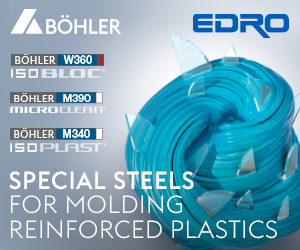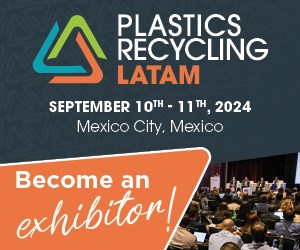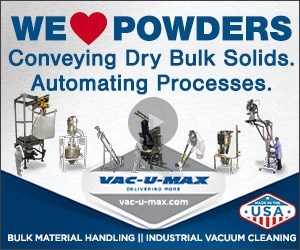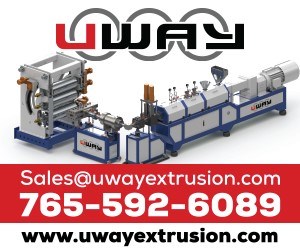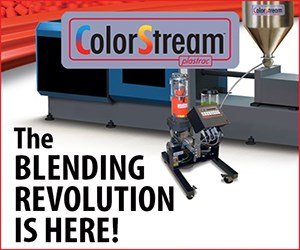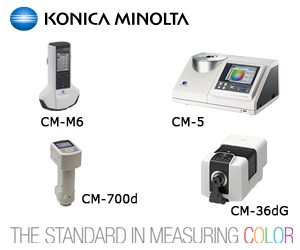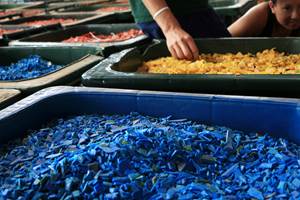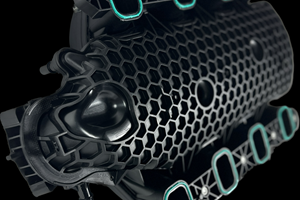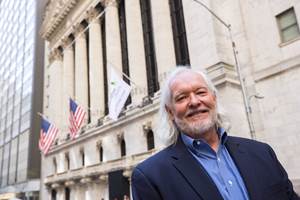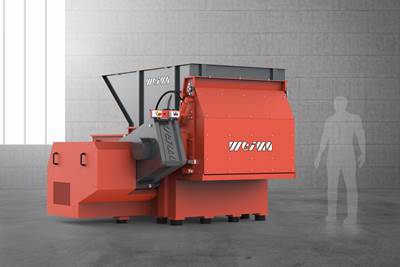Molder Makes Coffee Pods From Compostable Resin
Fourmark developed the expertise to mold plant-based resin into the main component of the capsules.
Pod coffee makers are a convenient and easy way to make coffee. But as the pods aren’t typically recycled, they end up in landfills, which is resulting in fierce public backlash. Sales of coffee pods are said to exceed 9 billion units annually. While certain coffee pods are recyclable, consumers must first peel off the foil lid, compost or discard the pod’s contents, then recycle the empty cup.
Canadian-based Club Coffee has close to 500 custom label products and more than 200 Club Coffee branded products, making it Canada’s largest retail roaster, contract manufacturer and distributor of packaged coffees. The company listened to consumers’ concerns about the environmental impact of coffee pods and pledged to come up with a new solution: compostable single-serve pods. Club Coffee partnered with The University of Guelph on the bio-resin formulation.
But as bio-resins have far different characteristics than traditional packaging resins, it called for some innovation to ensure the package could become a reality.
A challenging packaging design is right up Fourmark’s alley. Fourmark is an Oakville, Ont., custom molder that offers services ranging from test tools to packaging production. “We work with companies that want to create a different packaging solution that is unique,” says Adam Cruickshank, owner and CEO of Fourmark.
But turning this idea into reality wasn't simple. “This was a far cry from processing a normal resin,” Cruickshank says. “Tooling, shrinkage, cooling, screw design, barrel temperature—everything was new and had to be developed.”
Production procedures and techniques required experimentation and rigorous testing—all while working toward a very real go-to-market deadline. In addition, compostable products must be approved by various authorities to ensure adherence to their individual composting requirements. From 20 formulations, Fourmark created prototypes for testing and evaluation and tweaked the formulas and the mold as necessary.
Fourmark had to develop the expertise to mold proprietary plant-based bio-resin into the main component of the capsules: the ring, which is about 80% of the entire package. The natural coffee product became a key ingredient in the compostable packaging: more than 20% of the ring’s resin compound is pulverized coffee chaff, the coffee-bean skin left over from the roasting process that typically sees no other use.
The company molds the rings on presses furnished by Ontario-based Niigon Machines Ltd., (formerly Athena Automation Ltd). because of the excellent control features these machines provide. Cruickshank says the Niigon injection molding machines gave Fourmark the most consistent platform for processing a challenging resin, due in part to their screw design and energy efficiency.
Thanks to Fourmark’s ingenuity, Club Coffee launched the 100% certified compostable single-serve pod, the PurPod 100. The packaging eventually earned Biodegradable Products Institute (BPI) certification, which requires that products be tested in approved independent laboratories and then be independently verified according to scientific standards—ASTM D6400 and D6868. The evidence from composting facilities shows PurPod100 can break down completely in fewer than 84 days.
PurPod is compatible with most Keurig-style brewing systems, including the new Keurig 2.0 brewers. Its BPI certification was earned partly because of the pod’s innovative use of plant-based resins and its use of the coffee chaff in the pod’s distinctive design.
The PurPod 100 has taken home several awards, receiving gold in the sustainable packaging category at the PAC Canadian Leadership Awards and the Innovation in Bioplastics award from the Bioplastics Div. of the U.S. Plastics Industry Association (PLASTICS).
Using the know-how Fourmark has developed for compostables, the molder is now working on several other applications for these bio-resins. But the molder knows new developments will not occur overnight. “The processability has to become simpler for it to achieve wider use in the industry,” Cruickshank says. “And as the material becomes more widely used, the price will come down. We believe that with our expertise we can have a compostable type of food package that will become more mainstream with a price point that is accepted by major food companies.”
Related Content
Resins & Additives for Sustainability in Vehicles, Electronics, Packaging & Medical
Material suppliers have been stepping up with resins and additives for the ‘circular economy,’ ranging from mechanically or chemically recycled to biobased content.
Read MoreAt NPE2024, Follow These Megatrends in Materials and Additives
Offerings range from recycled, biobased, biodegradable and monomaterial structures that enhance recyclability to additives that are more efficient, sustainable and safer to use.
Read MoreBASF Highlighting How They 'Make, Use and Recycle Future Solutions'
NPE2024: BASF is using its proprietary computer-aided engineering tool Ultrasim when designing for sustainability in a broad range of industries.
Read MoreWhy Are They Blending Biopolymers?
A sit-down with bioplastic producer Danimer Scientific showed me there are more possible answers to that question than I had previously thought.
Read MoreRead Next
Lead the Conversation, Change the Conversation
Coverage of single-use plastics can be both misleading and demoralizing. Here are 10 tips for changing the perception of the plastics industry at your company and in your community.
Read MoreRecycling Partners Collaborate to Eliminate Production Scrap Waste at NPE2024
A collaboration between show organizer PLASTICS, recycler CPR and size reduction experts WEIMA and Conair will seek to recover and recycle 100% of the parts produced at the show.
Read MoreBeyond Prototypes: 8 Ways the Plastics Industry Is Using 3D Printing
Plastics processors are finding applications for 3D printing around the plant and across the supply chain. Here are 8 examples to look for at NPE2024.
Read More

